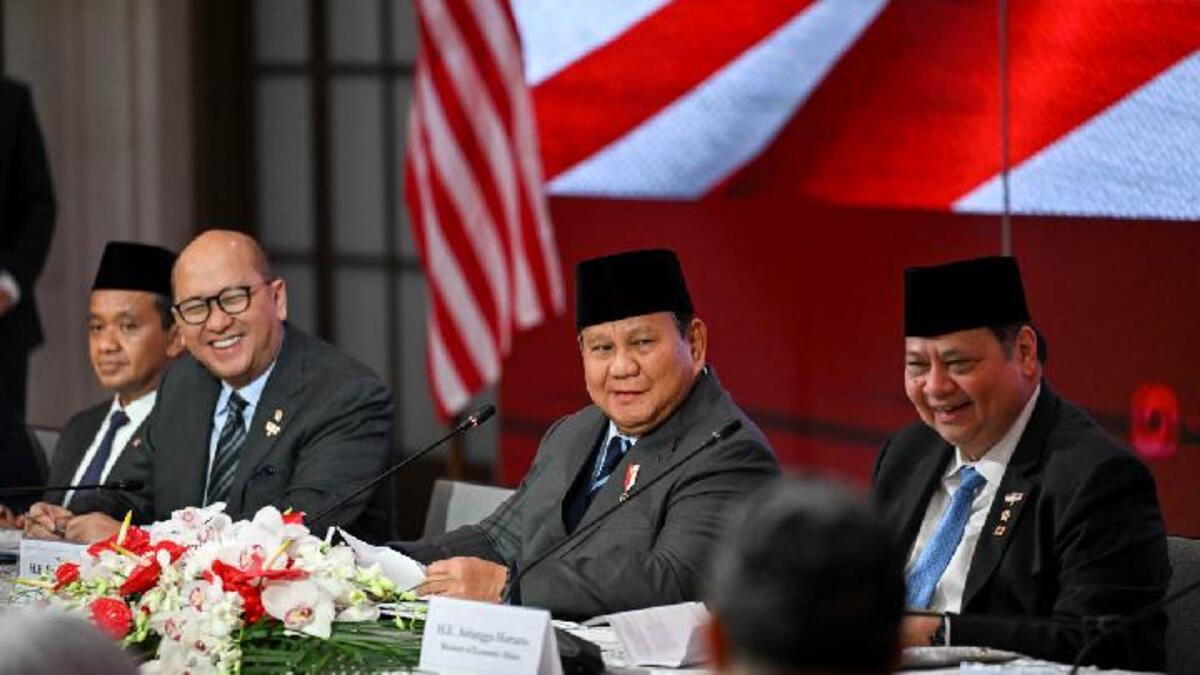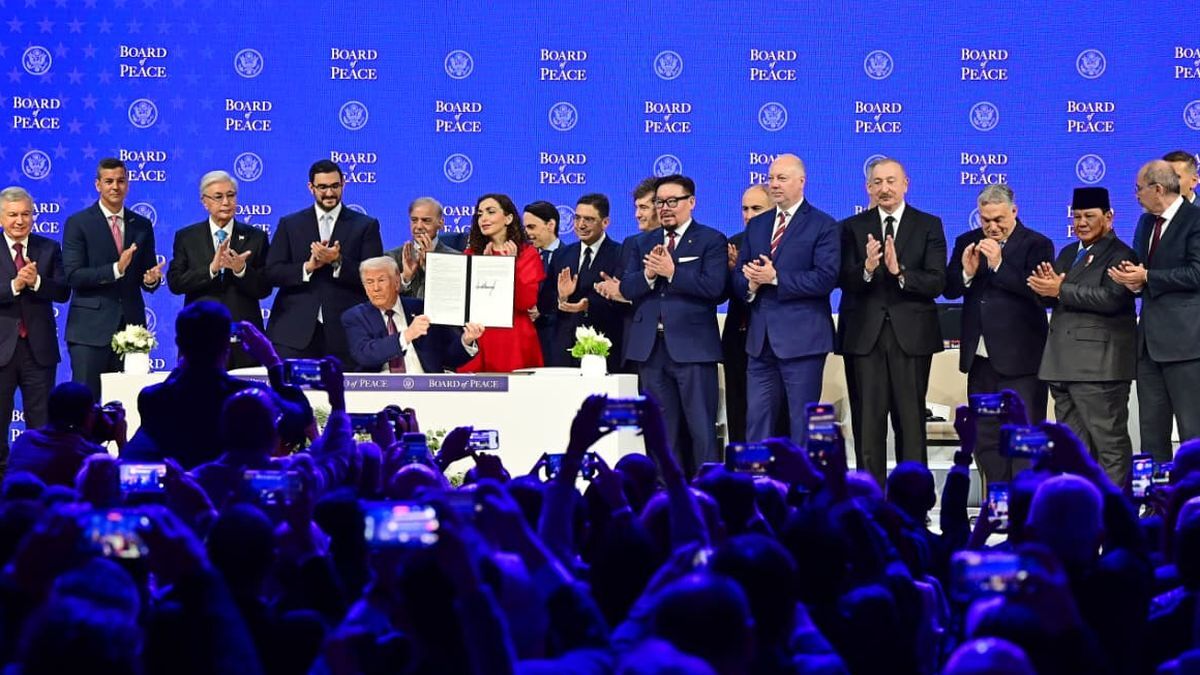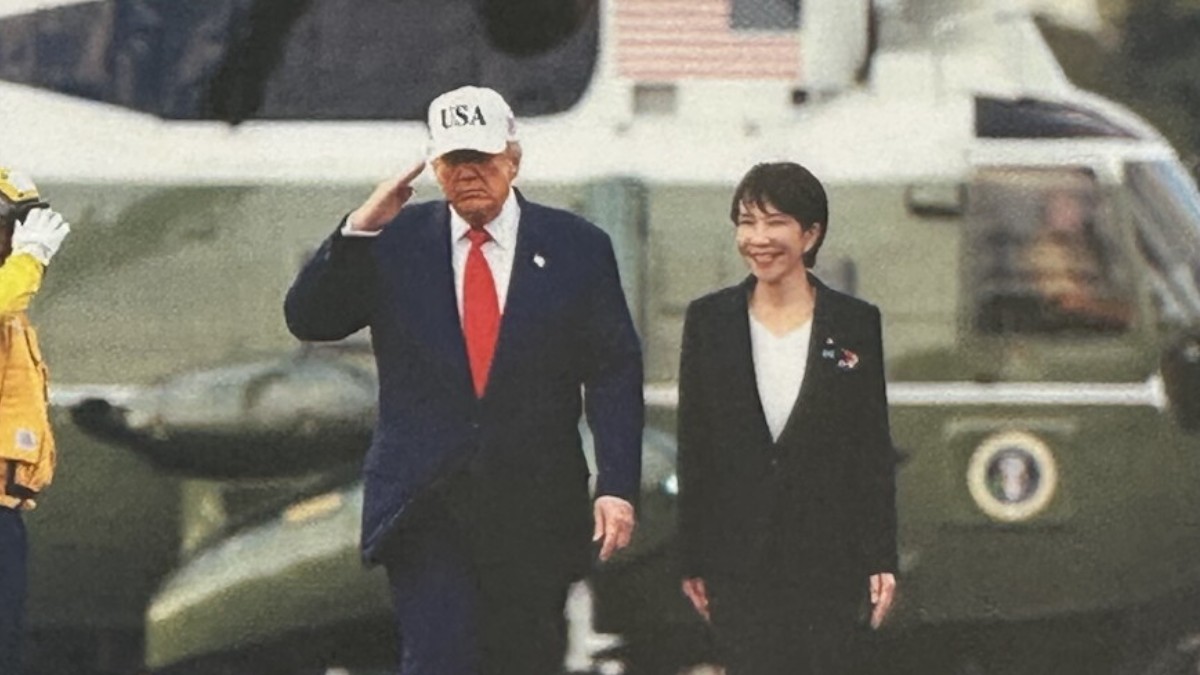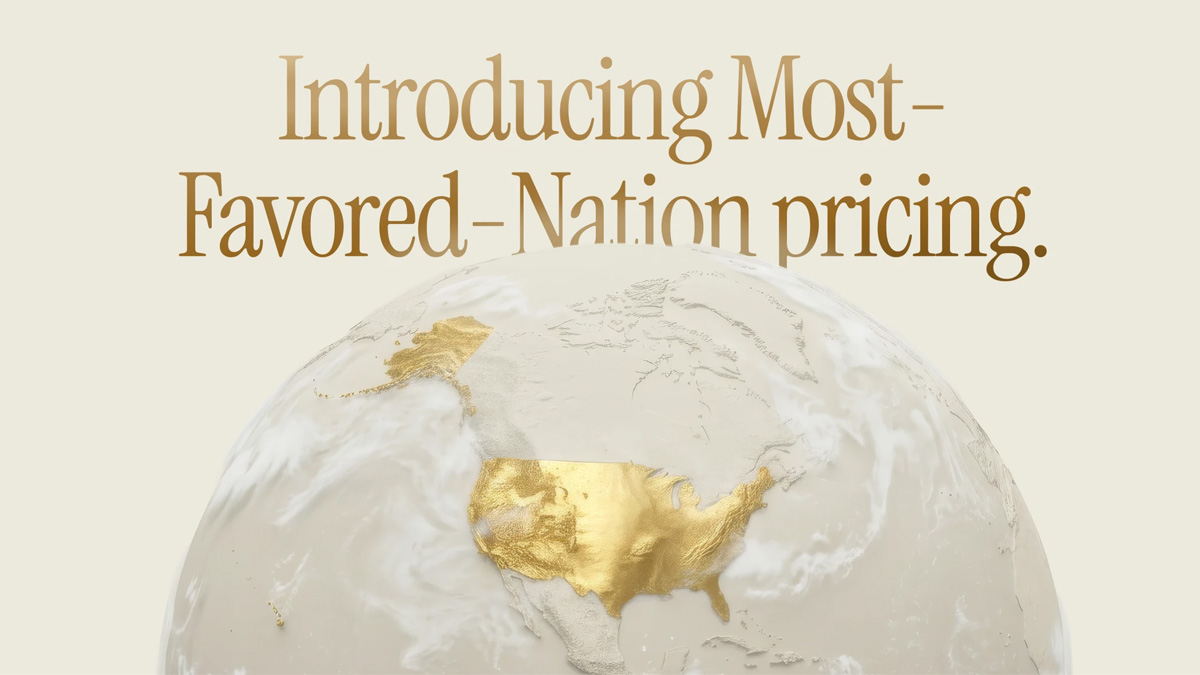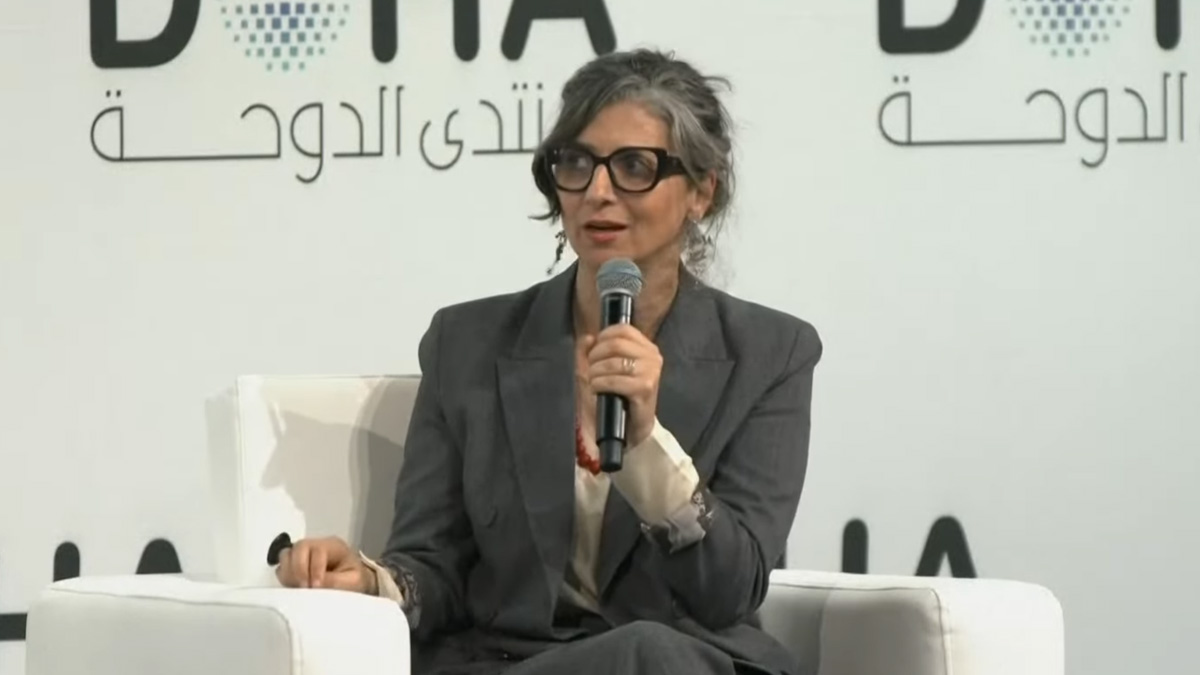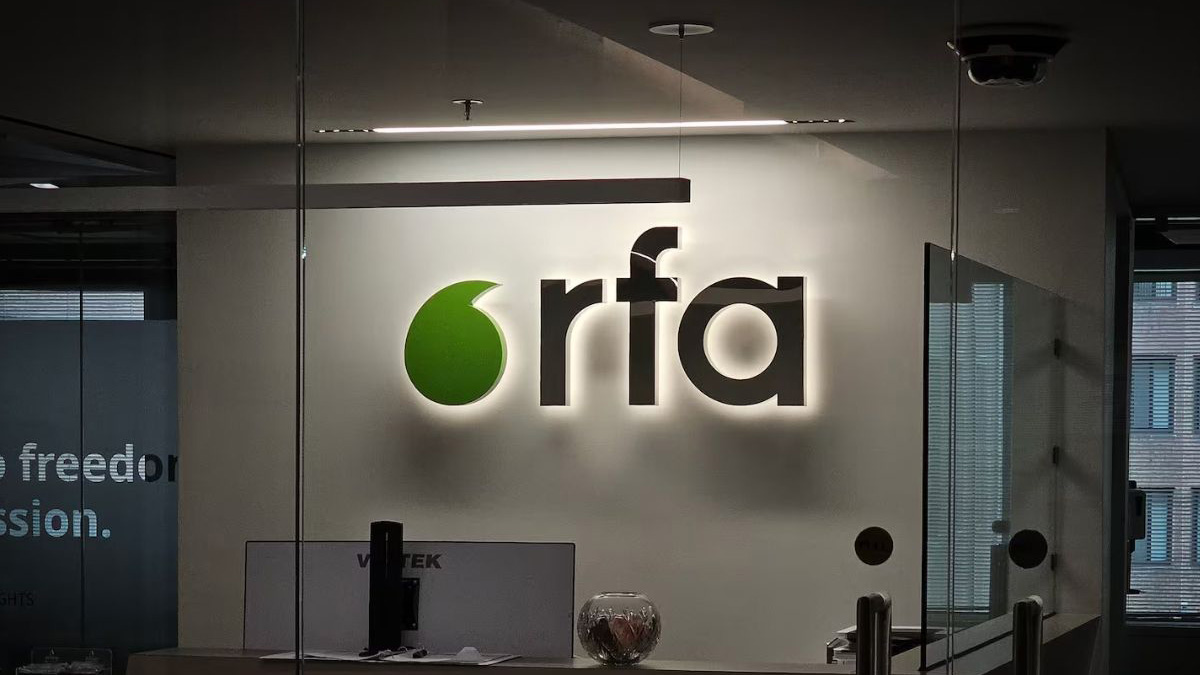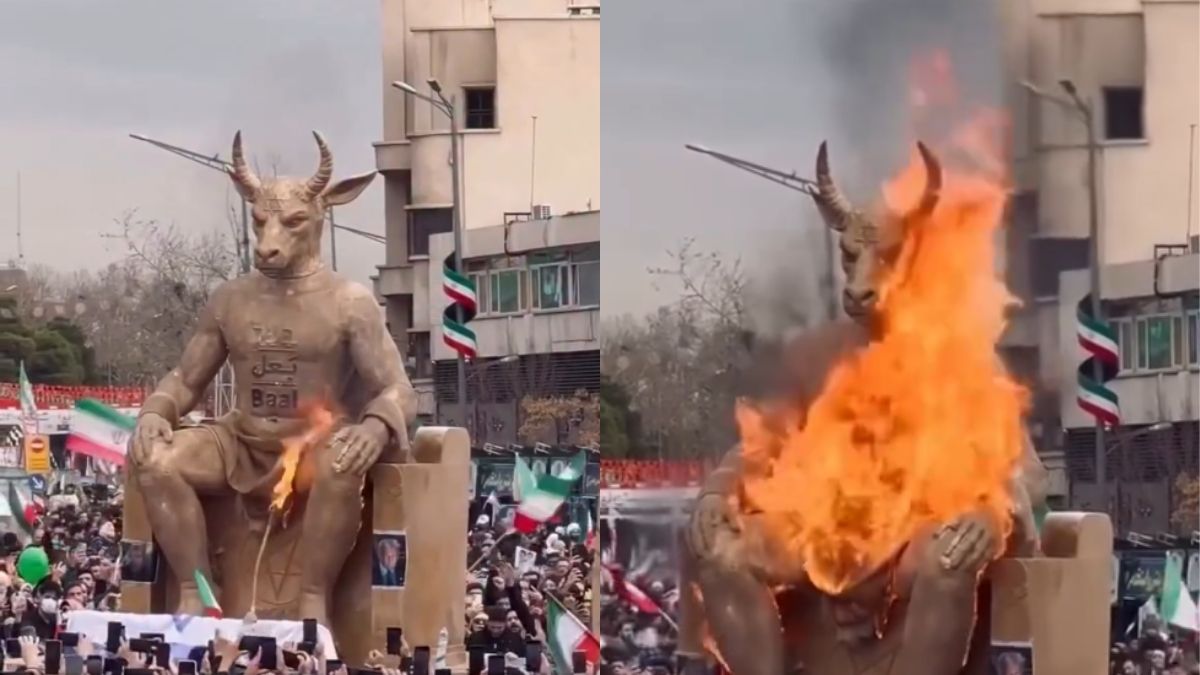Trump defends Saudi crown prince over Khashoggi killing during high-profile White House visit
Donald Trump has defended Crown Prince Mohammed bin Salman over the 2018 killing of journalist Jamal Khashoggi, contradicting US intelligence. The prince was welcomed at the White House amid strengthened ties and renewed investment pledges.
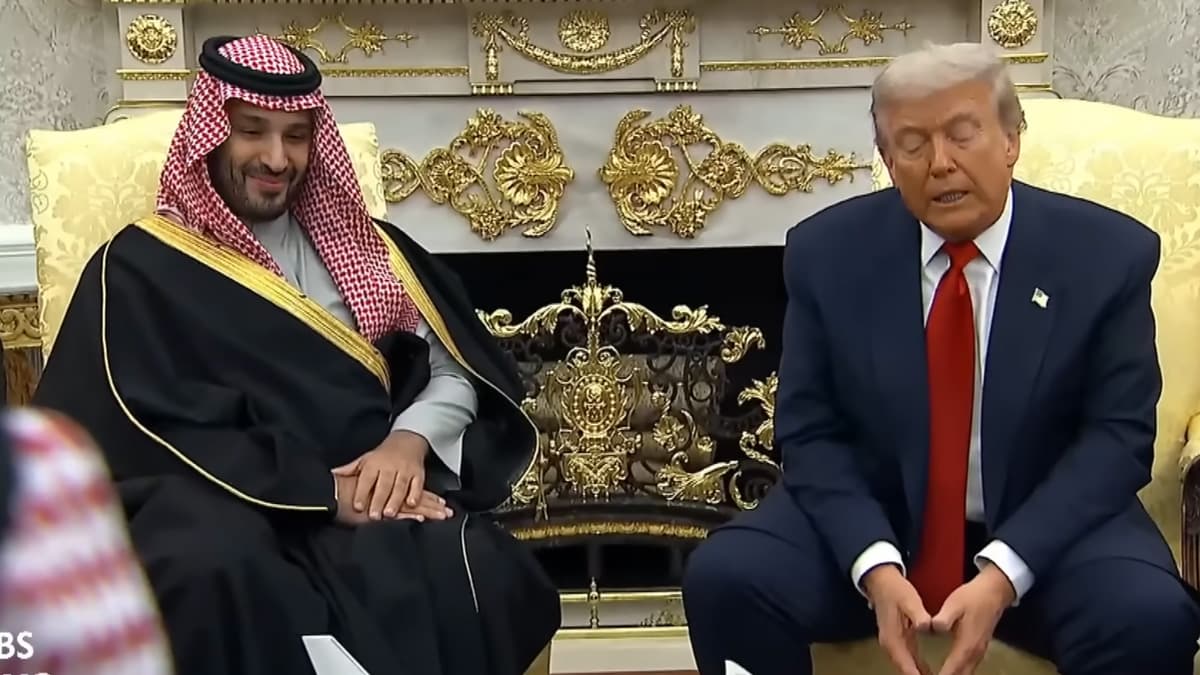
- Donald Trump dismissed US intelligence findings and defended Mohammed bin Salman over Khashoggi’s killing.
- The crown prince’s Washington visit featured high-level talks, a military welcome, and investment pledges.
- Human rights concerns remain as bin Salman seeks stronger international ties and economic cooperation.
US President Donald Trump has publicly defended Saudi Crown Prince Mohammed bin Salman, rejecting US intelligence findings that the royal approved the 2018 killing of Washington Post journalist Jamal Khashoggi.
Trump’s comments came during a high-profile visit by the crown prince to the White House on 18 November 2025, marking his first official US visit in over seven years.
Crown Prince Salman, the de facto ruler of Saudi Arabia, was received with full ceremonial honours, including a military guard, a cannon salute, and a flyover by US fighter jets.
The controversial visit comes as both nations seek to deepen diplomatic and economic ties, despite renewed scrutiny over Khashoggi’s death.
Speaking to reporters in the Oval Office, Trump dismissed questions about the crown prince’s alleged role in the journalist’s killing.
"A lot of people didn't like that gentleman that you're talking about, whether you like him or didn't like him," Trump said.
"Things happened, but he knew nothing about it, and we can leave it at that."
His remarks appeared to contradict the assessment by US intelligence agencies, which concluded that Crown Prince Salman had approved the capture or killing of Khashoggi at the Saudi consulate in Istanbul.
Although the crown prince has consistently denied ordering the operation, he has admitted that, as Saudi Arabia’s leader, he bears ultimate responsibility.
“It was painful to hear about the death of Jamal Khashoggi,” Salman told reporters. “We did all the right steps of investigation. We’ve improved our system to be sure that nothing like that happens again. It was a huge mistake.”
Human rights groups have strongly criticised Salman, not only for the Khashoggi killing but for ongoing crackdowns on political dissent in Saudi Arabia.
Despite that, Trump praised the crown prince for doing an “incredible” job on human rights, although he did not elaborate.
The visit drew condemnation from Khashoggi’s widow, Hanan Elatr Khashoggi, who issued a statement on X.
“There is no justification to murder my husband,” she wrote. “While Jamal was a good, transparent and brave man, many people may not have agreed with his opinions and desire for freedom of the press.”
She also called on Crown Prince Salman to meet her personally to discuss the matter.
The ceremonial welcome underscored Washington’s desire to restore full diplomatic ties with Riyadh, a relationship that had cooled following Khashoggi’s killing.
During the visit, Trump announced a new defence agreement with Saudi Arabia, though details were not provided.
He also confirmed the kingdom’s intent to purchase US-made F-35 fighter jets — a major policy shift that could alter the military balance in the Middle East.
If approved, the deal would be the first time such advanced aircraft are sold to a Gulf state outside of Israel, which until now has enjoyed exclusive access to the jets in the region.
Trump said he had received a “positive response” from Crown Prince Salman about Saudi Arabia potentially joining the Abraham Accords, which normalise relations between Israel and several Arab states.
However, Salman reiterated his position that Saudi Arabia will not sign until Israel offers a clear path to Palestinian statehood — a demand that Israel continues to resist.
Economic relations also dominated the bilateral talks.
The crown prince pledged to raise Saudi investment in the US to US$1 trillion (approximately S$1.5 trillion), up from a previous commitment of US$600 billion made during Trump’s visit to Riyadh in May 2025.
No timeline or specific projects were announced.
Such a level of investment would be challenging for the kingdom, given its extensive domestic spending under Vision 2030, a national transformation programme that includes megacity construction and preparations for the 2034 FIFA World Cup.
At a formal black-tie dinner held in the White House, Trump invited the crown prince to serve on the “Board of Peace for Gaza,” a transitional authority under Trump’s proposed peace plan for the region.
“I hope your highness will be on the board. You’ll accept, I hope,” Trump said during a toast.
The visit also included discussions on civil nuclear cooperation, though significant hurdles remain.
Saudi Arabia is seeking access to US nuclear technology to support its domestic energy goals, but the US has so far insisted that Riyadh forgo uranium enrichment and fuel reprocessing — conditions not yet accepted by the Saudi side.
Trump denied any conflict of interest stemming from his family’s past Saudi business dealings, stating: “I have nothing to do with the family business. I have left, and I've devoted 100% of my energy.”
The White House has previously stated that Trump’s business interests are managed by a trust controlled by his children, though he remains a beneficiary.
Despite ongoing controversies and unresolved human rights issues, the visit marks a turning point in the US-Saudi relationship, now firmly back on track following years of tension.
Crown Prince Salman is expected to continue his diplomatic and business outreach during an investment conference at the John F. Kennedy Center in Washington, where he will promote his kingdom’s economic vision to US and international executives.


